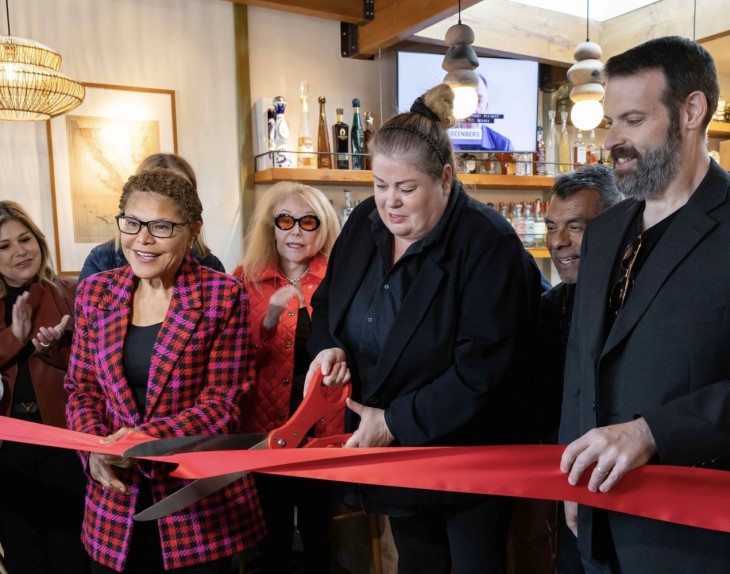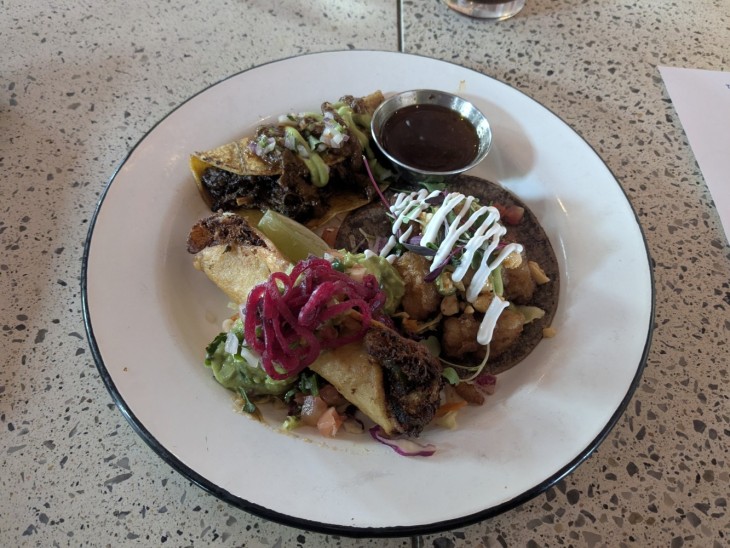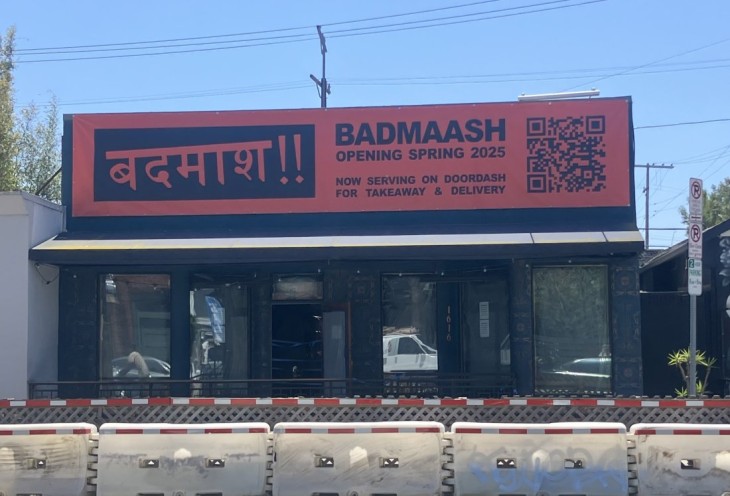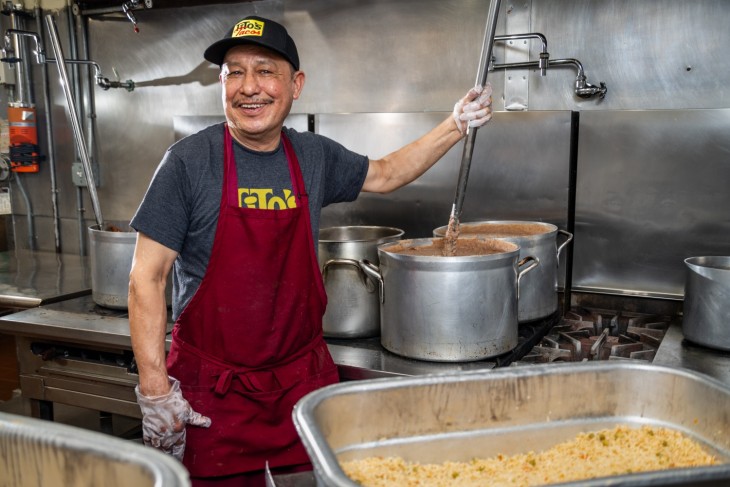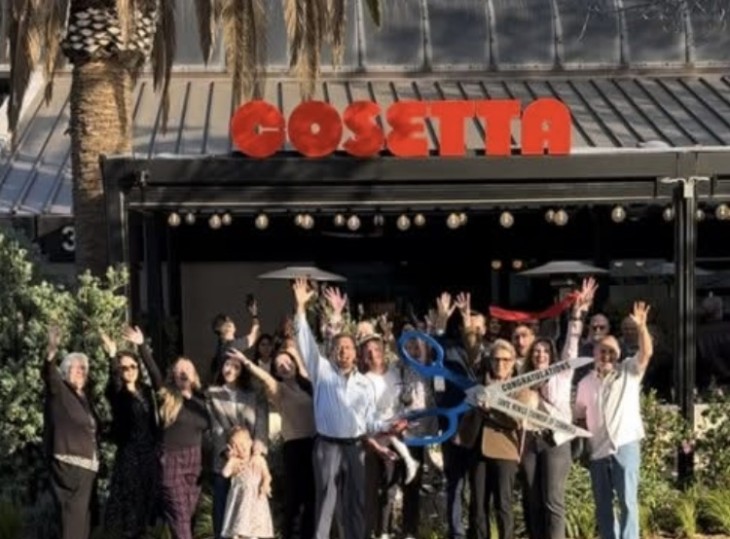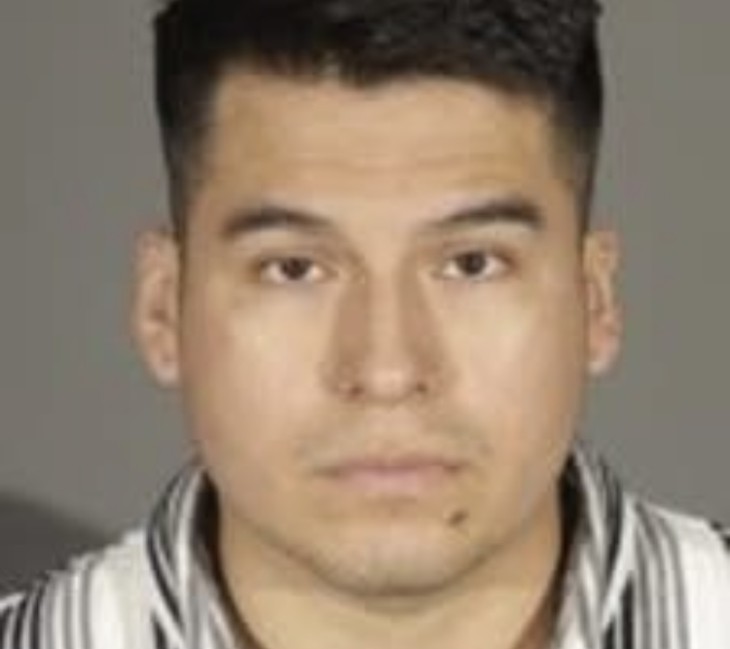Navigating the wilderness is not easy. Whether it be the forest or the mountains, it’s easier to get through when there’s a guide leading the way.
However, there are some wildernesses that aren’t arduous so much physically, but rather mentally and emotionally, such as the medical field. The medical field is possibly one of the hardest jungles to get through, so to speak, and it’s a good thing that patient advocates are here to help.
A patient advocate, in the simplest terms, is a Sherpa for the medical system. Getting news that a loved one has cancer or another serious ailment is frightening, but that’s where an advocate comes into the picture.
Patient Advocacy is still a relatively new and unknown field, not yet covered by health insurance, has only gained societal knowledge in the mid to late 2000’s. And yet it’s a field that can save lives and money, as well as make the entire medical treatment process easier to deal with as a patient or loved one of a patient.
In recent years and with advances in medicine, something called the “sandwich generation” had arisen in American society, one where people with young children have parents who are entering the geriatric phase of their lives, and may not be fit to live on their own anymore. This is a predicament for the person in the middle, the “meat” of the sandwich, so to speak, as they have to care for their elderly parents while also raising their own kids.
A patient advocate is a big help in this department, as they can help convince mom or dad to seek help with their deteriorating health, as well as help decipher the medical jargon with them, while also working with the elderly person’s child to help care for them. Advocates also attend appointments with the patient, both for support and for help within the appointment itself, allowing a perhaps stressed parent to pick up their child from soccer practice while their dad gets a CT scan.
Local patient advocate, Celeste Tubman, RN, explained “I make sure their doctors talk to each other, reconcile their medications, explain the treatments, make sure they understand it. It’s all about life transitions.”
Tubman explained the practice in more detail as well, saying, “If somebody gets newly diagnosed with cancer suddenly, their reaction is often, ‘What do I do?’ I collect as much information as I can about their medical issue, and I help find them the best physician (I don’t tell them who exactly to go to, I give them a choice of three or four.) There are so many out there, specialists upon specialists. Then I support them through their treatment.”
Advocates, depending on their level of training, can also visit a patient in a hospital and make rounds, so as to help the patient, be it consulting on life care planning for therapy or placement, or monitoring dire medical situations within the hospital walls.
While this may sound like a normal nurse one might find making rounds in a hospital, advocates are specialized to one patient and aren’t employed by the hospital, but rather by the patient or the patient’s family themselves. If one enjoyed being a nurse, but doesn’t necessarily have the energy for 12-hour shifts and direct patient care might enjoy being a patient advocate.
“Having been an intensive care nurse a long time ago and raising my kids, I have the knowledge and capabilities of a nurse, but not the energy to go back into that world. It’s very high paced and physically taxing. Advocacy is more consultation based,” Tubman said.
To those looking for help, a patient advocate, or a comprehensive list of patient advocates across the country, you can visit advoconnection.com, or if you would like to contact Celeste Tubman RN for a local consult, you can visit www.westsidepatientadvocate.com.







